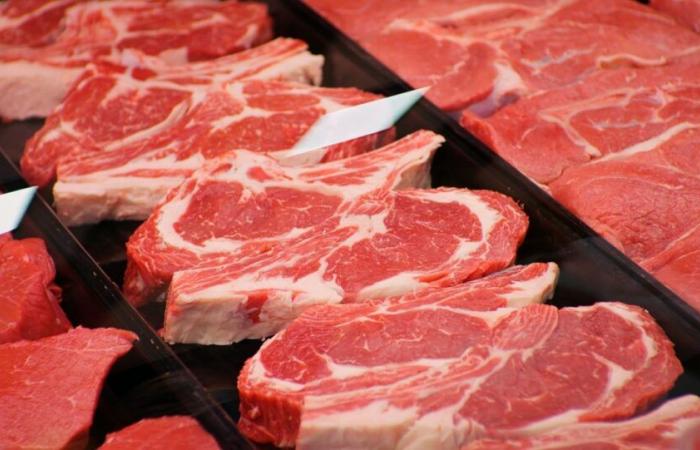Faced with the persistent rise in red meat prices on the local market, Moroccan importers, supported by the government, are increasing their efforts to alleviate the crisis. A recent initiative led a Moroccan delegation to Spain with the aim of identifying import opportunities at competitive prices.
Despite the measures implemented in recent months, meat prices remain beyond the purchasing power of many citizens, exacerbating market difficulties. To remedy this situation, a delegation made up of officials from the General Confederation of Moroccan Enterprises (CGEM) and professionals from the sector made a four-day working visit to Catalonia. This mission included visits to companies specializing in the production and processing of red meat, with the aim of establishing commercial partnerships.
This approach resulted in agreements with seven Spanish companies. From next Monday, two first shipments of red meat, each of 20 tonnes, are expected in Morocco. According to estimates, these imports should make it possible to offer wholesale prices ranging between 70 and 80 dirhams per kilogram, a notable drop compared to current prices which exceed 90 dirhams in certain butcher shops.
The professionals, led by Souhail Chaqchaq, vice-president of CGEM, hope that this collaboration with Spanish companies will help reduce the gap in the local supply of red meat and, therefore, alleviate the current crisis.
This initiative comes after the experience of importing frozen meat in recent weeks showed its limits, with the quantities imported being lower than the needs of the local market. This raises concerns among professionals about the ability of these frozen meats to meet the quality requirements preferred by Moroccan consumers.
The National Food Safety Office (ONSSA) has already specified that imported meat must be accompanied by a health certificate guaranteeing its quality and safety, issued by the competent authorities of the country of origin. These products must also have halal certification issued by an Islamic organization recognized by the official authorities of the exporting country.
Moroccan breeders are facing a particularly difficult situation, amplified by unfavorable climatic conditions. The repeated episodes of drought, which have marked recent years, have had a strong impact on agricultural and livestock production capacities. As a result, the cost of animal feed has skyrocketed, limiting farm profitability and reducing the availability of livestock on the market. This situation has also led to a contraction in the local supply of red meat, pushing prices to unprecedented levels.






